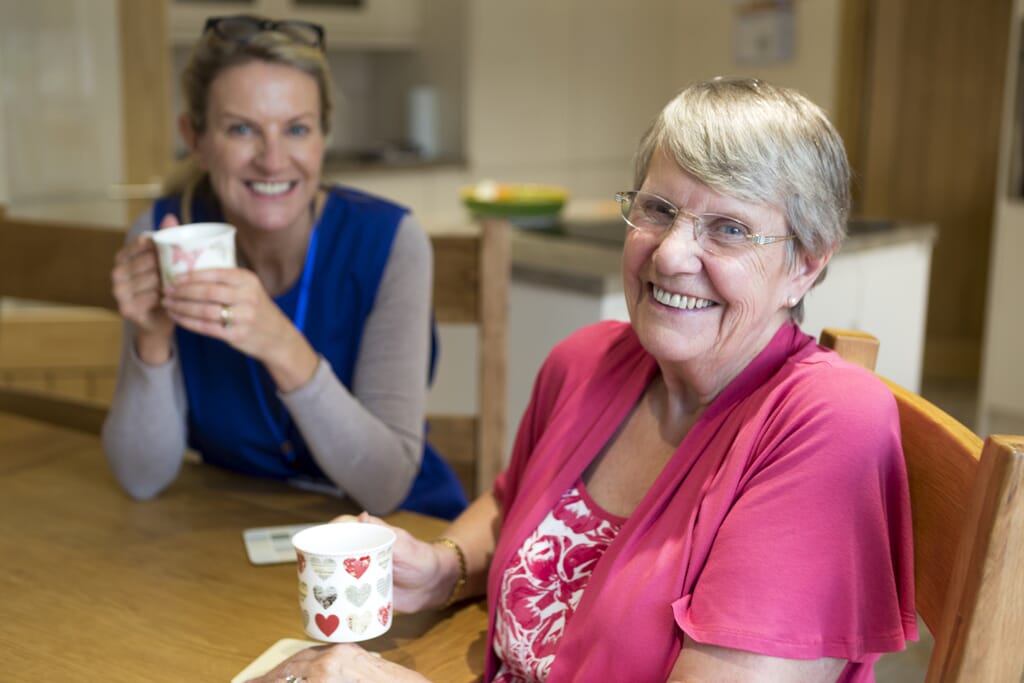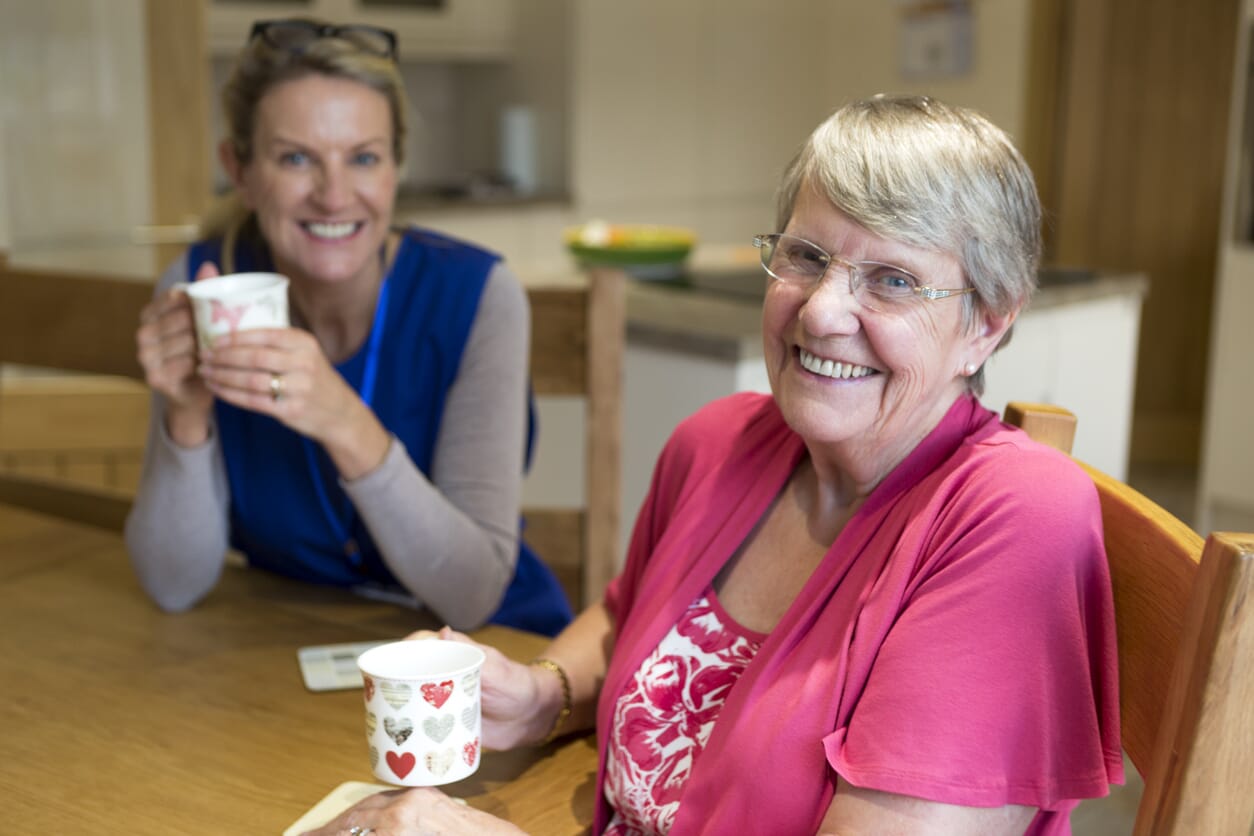Call: 01242 383 773 Or Email us

Complex Care
What is Personal Care? A Complete Guide

Personal care encompasses a range of daily activities that are designed to support individuals who require assistance with essential living tasks. It enables vulnerable people to continue leading fulfilling lives, whether this be within their own home or in a residential care home.
In this blog, we discuss all things personal care, including helpful definitions, options, and who can benefit from the service.
The Definition of Personal Care
Personal care refers to any support given with daily living tasks. These tasks are often of a personal nature i.e. washing, getting dressed, and using the toilet. Personal care also includes assistance with cooking, medication and housekeeping duties. This type of care may become vital as individuals age and experience new challenges relating to personal hygiene.
Personal care can be given within a residential care home or through a dedicated home care service provider. Various people, including social workers, healthcare professionals and family members, will work together to create a personalised care plan, which is specifically tailored to the individual’s requirements and preferences. The ultimate goal of personal care assistance is to allow vulnerable people to maintain a healthy and happy lifestyle.
What Tasks Does a Personal Carer Do?
Personal care includes professional support with essential activities that individuals may struggle to maintain independently. Common examples of care tasks include:
- Mobility i.e. getting out of bed and moving around the home
- Personal hygiene i.e. bathing, showering, getting dressed, oral hygiene, hair care, grooming, shaving and foot care
- Toileting i.e. going to the toilet and changing incontinence pads
- Medical assistance i.e. help with a stoma or catheter, administering medication
- Food i.e. preparing ingredients, cooking meals and help with eating
- Housekeeping i.e. cleaning, washing up and laundry
- Companionship
Who Can Have Personal Care?
Assisting with personal care is crucial when caring for the elderly. It helps them maintain their independence and ensures they have the necessary support to live on their own. However, it may be required by individuals at any age who are suffering with physical disabilities, learning impairments, mental health conditions, illnesses, or are recovering from surgery. For example, somebody living with dementia may forget how to complete basic personal hygiene tasks such as bathing or toileting.
If your loved one requires support with any of the tasks mentioned in this blog, they may benefit from professional assistance with their personal care. It can be difficult for family members to cope with completing the intimate tasks involved in personal care; therefore, hiring a designated care assistant could be the ideal solution.
Personal Care Options
Depending on your loved one’s specific needs, there are several options to choose from. Here are just some of the ways you can receive support with personal care:
Visiting Care
Visiting care, also known as domiciliary care, is a flexible approach to personal care that enables individuals to continue living at home whilst receiving assistance with certain tasks. A trained carer will visit at a set time of day, ensuring that all care tasks are completed on a daily basis. Visiting care may be a good solution for elderly people or those suffering with medical conditions.
Live-in Care
Unlike visiting care, live-in care is a 24/7 service in which individuals receive round the clock support. A live in carer will come to live in the person’s home and is available at any time of day to provide assistance with personal care. This allows the individual to continue living comfortably at home, which minimises any stress or disruption that moving to a residential care home could cause.
Residential or Nursing Care Home
Residents living in care homes will be provided with personal care support. If your loved one has any specific needs or requirements, we recommend checking that all relevant tasks will be covered within your chosen care home setting.
Person-Centred Personal Care from Safehands
If your loved one is struggling to cope with completing their day-to-day activities, look no further than Safehands Healthcare. Our personal care service is flexible and bespoke, promoting dignity and independence at all times. Call us on 01782 692666 today to discuss your loved one’s personal care needs.




